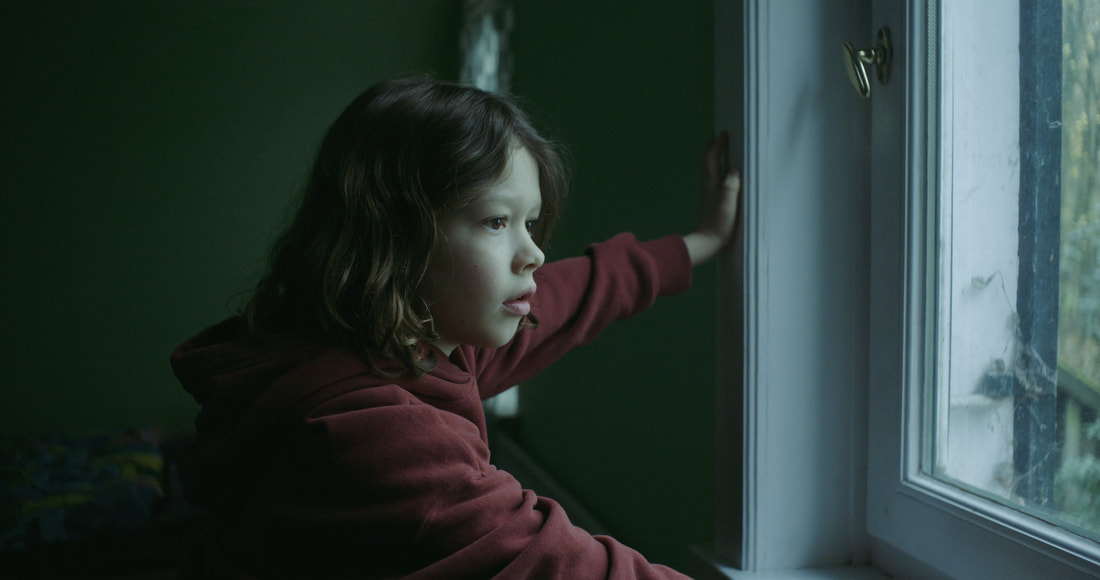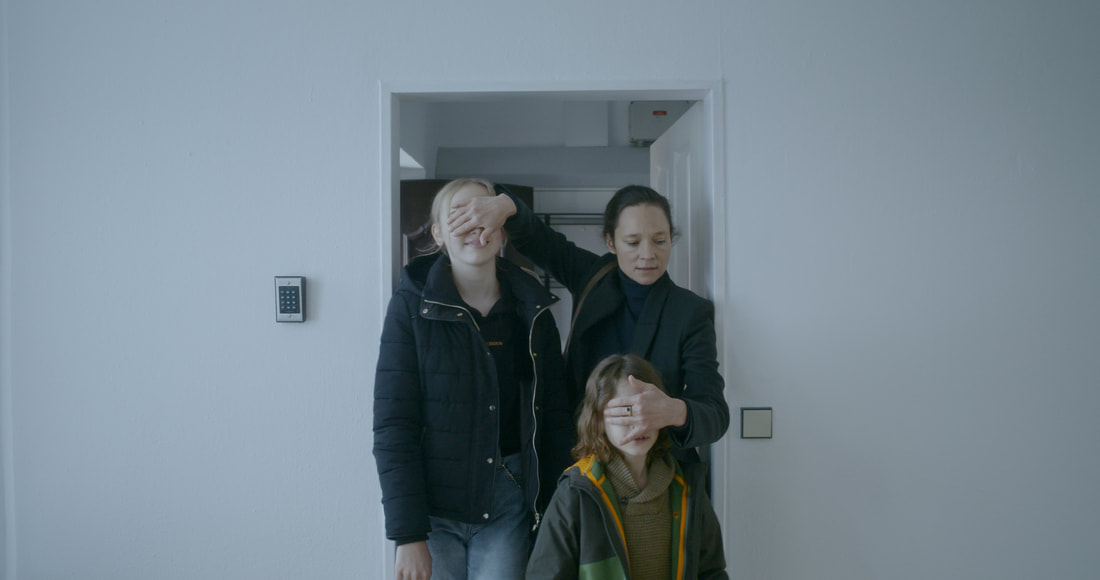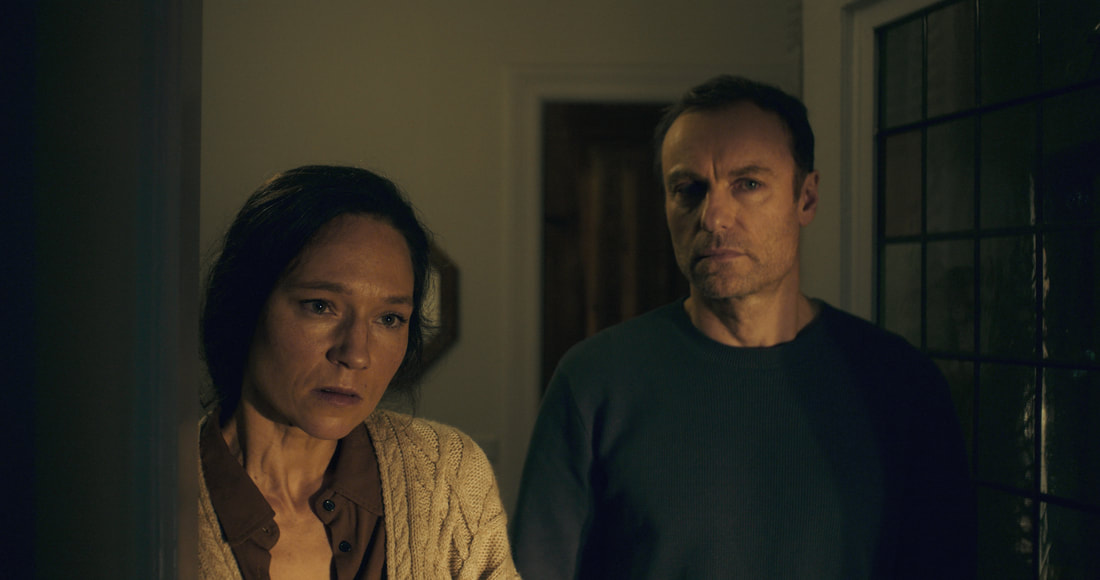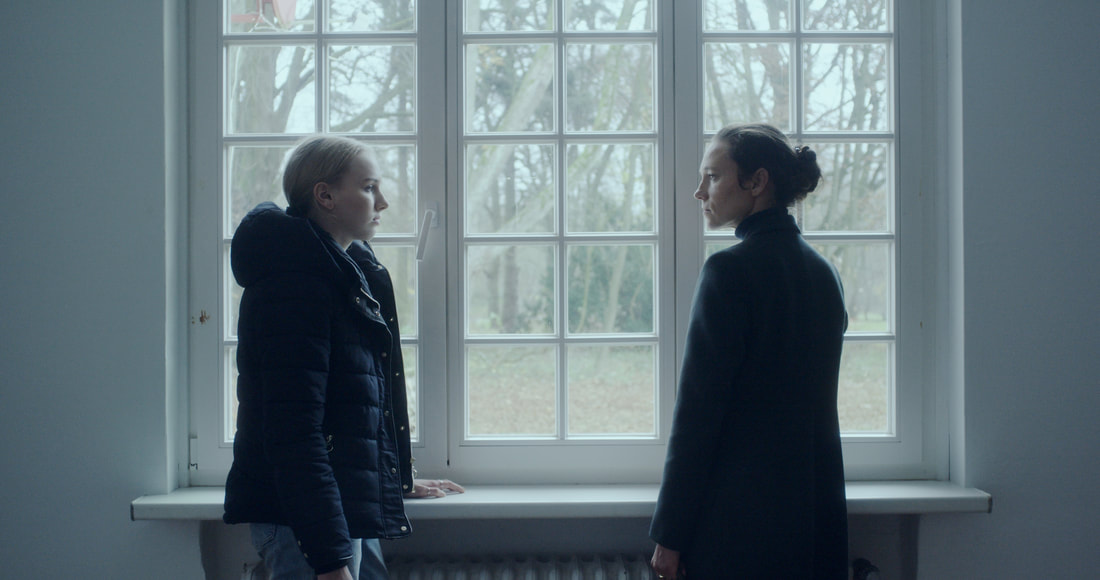|
Human Factors is a French / German drama written and directed by Ronny Trocker. After its debut at the Sundance Film Festival in 2021, it was described by critics as an “utterly intelligent thriller” and a “deviously constructed puzzle film [that] plays cat and mouse…with the viewer.” But these descriptions are deceptive. Human Factors doesn’t belong in the same category as psychological thrillers like Psycho (1960), The Sixth Sense (1999), A Beautiful Mind (2001), and Get Out (2017), all of which are fairly easy to follow even as they set the stage for groundbreaking plot twists. Unlike those films, Human Factors is not easy to follow. It’s less playfully deceptive than it is confusing, and it doesn’t play “cat and mouse” with us so much as it doubles back on itself to ensure that we’re paying attention. This is not to say that Human Factors is a bad movie. On the contrary, it’s well-written, wonderfully acted, and masterfully put together. But since it has been described as a psychological thriller, it’s important to let viewers know what they’re really in for. If you watch Human Factors expecting something like Shutter Island (2010) or Fight Club (1999), you’re going to be disappointed. Human Factors is about a well-off family of four. Married couple Jan (Mark Waschke) and Nina (Sabine Timoteo) run a successful marketing firm together, and they’ve just struck a deal with a high-profile political client. When their firm and their family become the targets of public harassment, Jan and Nina decide to take their two children, Emma (Jule Hermann) and Max (Wanja Valentin Kube) away for a little while. However, on the first day of their getaway, there’s a break-in at their vacation home. The shock of the incident brings out suppressed tension among the family members, and the fault lines in their relationships widen into gaping cracks. The movie starts with an interior shot of the family’s vacation home just moments before they arrive. There’s no one inside, but the house is full of potential energy. Although the house looks like a fairly normal one, the cinematography creates the feeling that this house has seen some terrifying things. The camera moves around the empty rooms like the eyes of a ghost until, finally, we hear the family talking outside, and they enter. This is the kind of opening shot that would work perfectly in a house-focused horror movie like The Shining (1980) or Hereditary (2018). But, as mentioned above, Human Factors doesn’t turn out to be as psychologically gripping as you might expect. If there’s one true thing that this ghostly tracking shot tells us about Human Factors, it’s that this is a movie about perspective. Human Factors doesn’t tell the family’s story in a straightforward manner. Rather than moving chronologically from one scene to the next, it jumps back and forth in time and replays events from different perspectives. This narrative structure can be described as a progressive spiral; it must loop back before it can move forward. In terms of audience engagement, this technique can be distracting. When you watch Human Factors for the first time, you have to be patient in order to figure out what’s going on. The movie doesn’t always provide clear signals when it’s going back in time or switching to a new character’s point of view. With all these subtle shifts in perspective, Human Factors moves forward at a slow pace, and it feels a lot longer than it is. Once you figure out the narrative structure, however, you’ll find that Human Factors paints a detailed picture of the complexities of family relationships. Jan, Nina, Emma, and Max make for a recognizable family of four. We’ve seen similar families in dozens of other movies and shows. There’s the workaholic father, Jan, who wants to maintain his family’s reputation, the burnt-out mother, Nina, who’s holding it together for her kids, the rebellious teenage daughter, Emma, who’s searching for her identity, and the imaginative younger sibling who loves his pet more than anything. On the one hand, Human Factors reminds us that these stereotypes can’t exist without each other. We wouldn’t label Emma as a rebellious daughter if her parents weren’t always on her case. Nina wouldn’t seem like such a stereotypical overworked mother if her workaholic husband wasn’t gaslighting her into believing that she’s not doing her job correctly. Max’s quirks wouldn’t seem as endearing if his older sister weren’t there to tell him how annoying he is. But on the other hand, Human Factors highlights the moments in which each character is alone to remind us that rebellious children, gaslighting husbands, stressed out mothers, and cute kids are people, not stereotypes. The movie allows us to see how the characters act in their most vulnerable moments when no one else is watching (and it’s in these scenes that the cast members give their strongest performances). This family is like a puzzle, and the movie keeps pulling that puzzle apart so that the audience can study each piece individually. However, after we observe one of the family members closely, we discover that they no longer fit in with the rest of the puzzle. Human Factors keeps breaking apart and rearranging this puzzle to highlight the fact that Jan, Nina, Emma, and Max’s personal senses of identity and their perceptions of each other are constantly changing. While it may not be psychologically intense or scary, Human Factors isn’t a “casual viewing” film. It requires us to pay close attention to detail as it shifts from one character’s point of view to the next. The movie doesn’t offer any hard and fast conclusions about identity, relationships, or perspective. But it does draw attention to the way that our differences can divide us. It calls our certainties into question and asks us to think about things from someone else’s perspective for a change. Release Info: In select theaters (LA and NY) May 6, 2022. Available on digital starting May 24, 2022.
0 Comments
Leave a Reply. |
"Our embodied spectator, possibly perverse in her fantasies and diverse in her experience, possesses agency...finally, she must now be held accountable for it." Categories
All
|




